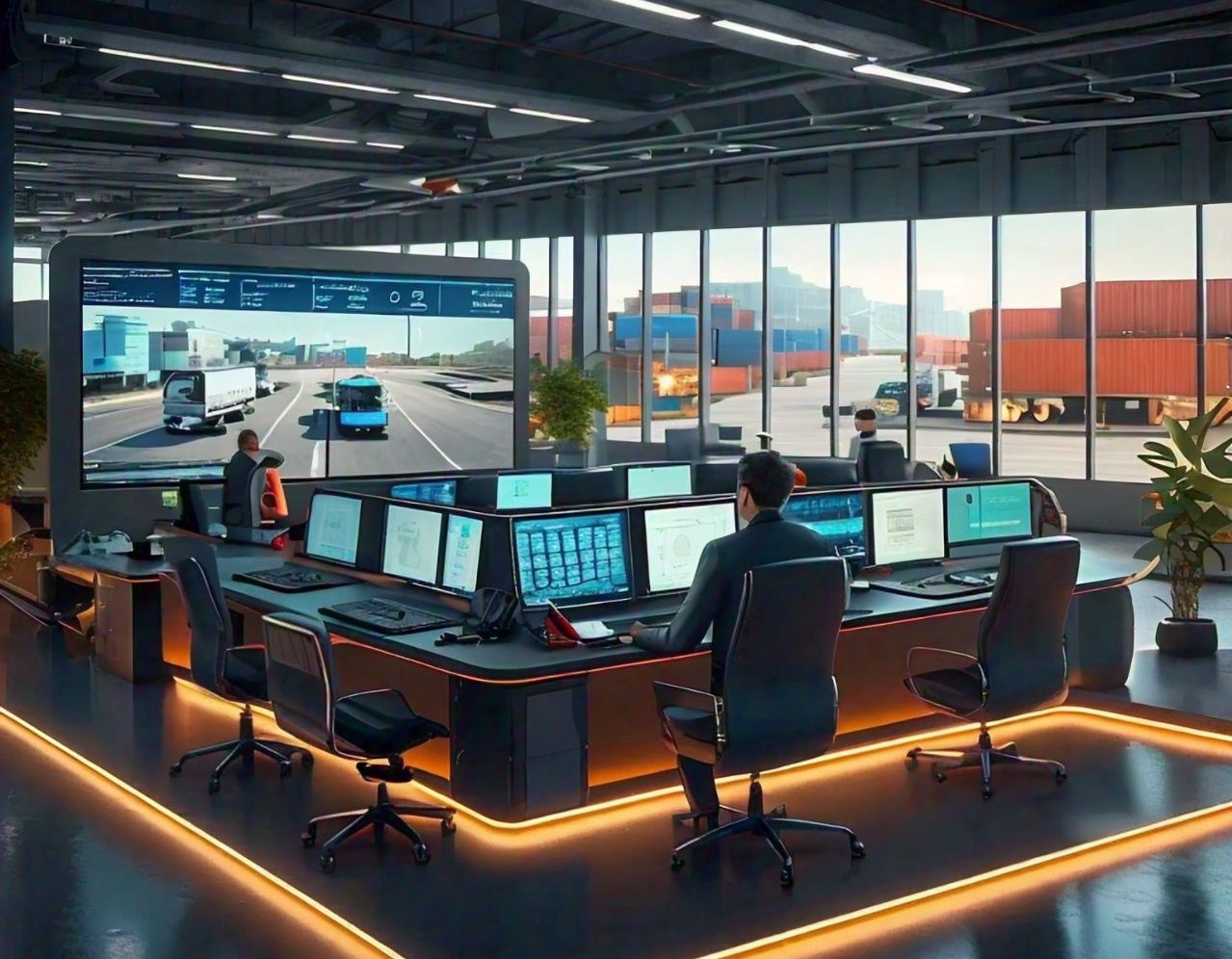The Future of Multimodal Logistics in a Digitized World
As the logistics industry continues to evolve, digitization is playing a transformative role, especially in multimodal logistics, where goods move across different modes of transport like road, rail, sea, and air. In a digitized world, multimodal logistics is becoming faster, more efficient, and transparent, reducing many of the challenges that traditionally slowed down operations. The future of multimodal logistics is set to be defined by technology-driven innovations that streamline processes and improve overall performance.
Key Digital Advancements Shaping Multimodal Logistics
-
Real-Time Data and Tracking
The integration of real-time data is revolutionizing multimodal logistics. With GPS-enabled tracking systems, companies now have full visibility over their shipments, regardless of the mode of transportation. This allows for better monitoring, faster response to disruptions, and more accurate delivery estimates, ultimately improving customer satisfaction.
-
Automation and AI
Automation tools and artificial intelligence (AI) are simplifying complex tasks such as route planning, cargo handling, and documentation. AI-powered algorithms can optimize routes in real-time, reducing transit times and fuel costs. Automation is also transforming cargo management by streamlining processes like loading, unloading, and warehousing, minimizing human intervention and errors.
-
Blockchain for Enhanced Transparency
Blockchain technology is becoming a key enabler of transparency in multimodal logistics. By using blockchain, companies can create a secure, immutable record of all transactions, including tracking shipment transfers between different modes of transport. This ensures data integrity and allows stakeholders to access reliable information, making the entire supply chain more transparent and secure.
-
IoT and Smart Sensors
The Internet of Things (IoT) and smart sensors are enhancing cargo monitoring by providing real-time data on factors like temperature, humidity, and vibration during transit. This is particularly important for sensitive goods such as pharmaceuticals or perishable items. These sensors allow logistics companies to prevent damage, reduce loss, and maintain the quality of goods throughout their journey.
The Path Forward
The digitization of multimodal logistics is creating a future where transportation is faster, more reliable, and cost-efficient. Technologies like AI, blockchain, and IoT are not just optimizing operations—they are reshaping the industry by making logistics more data-driven and transparent.

